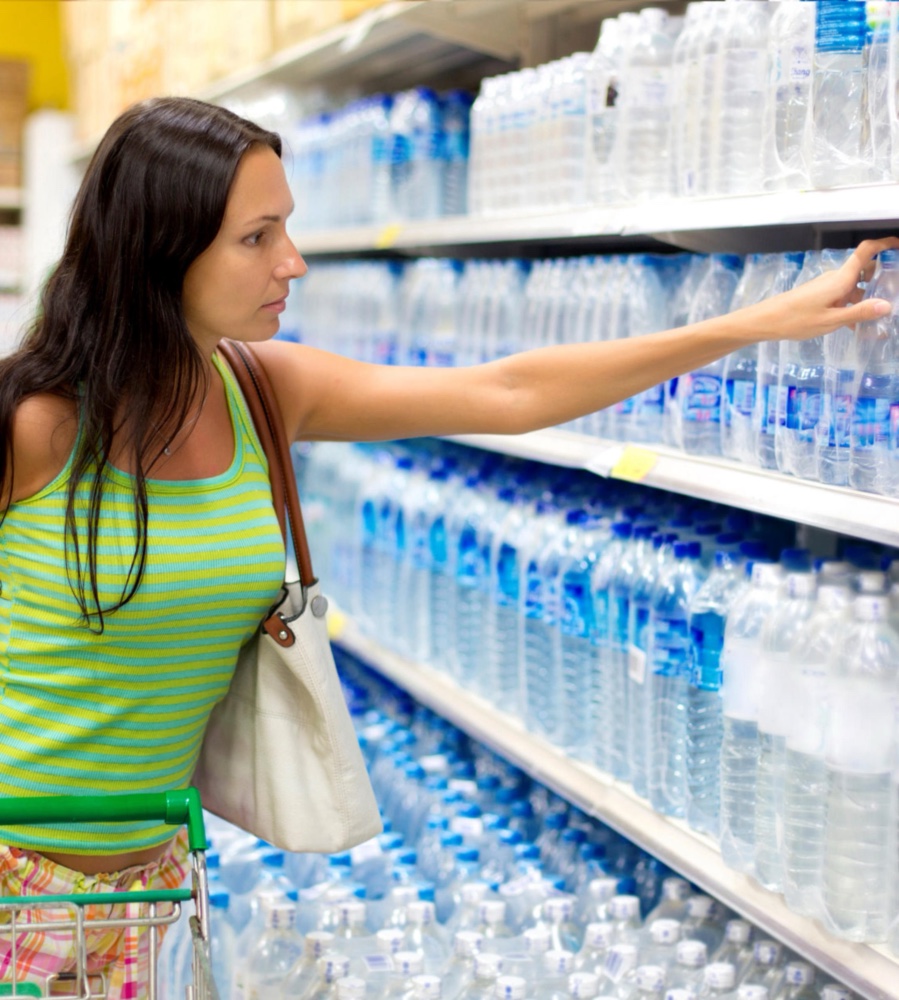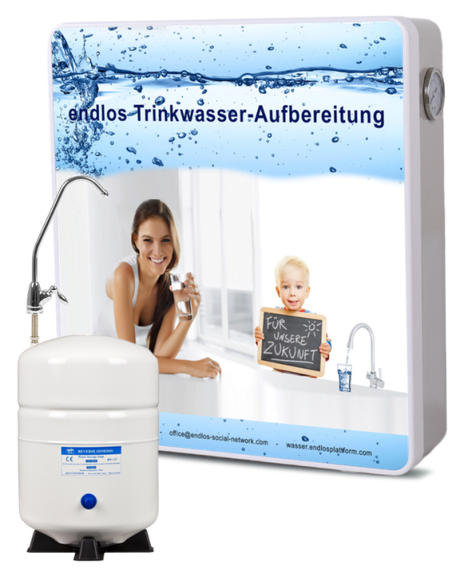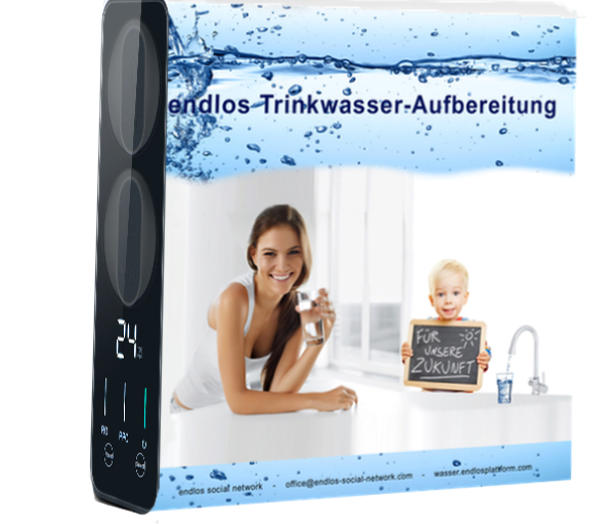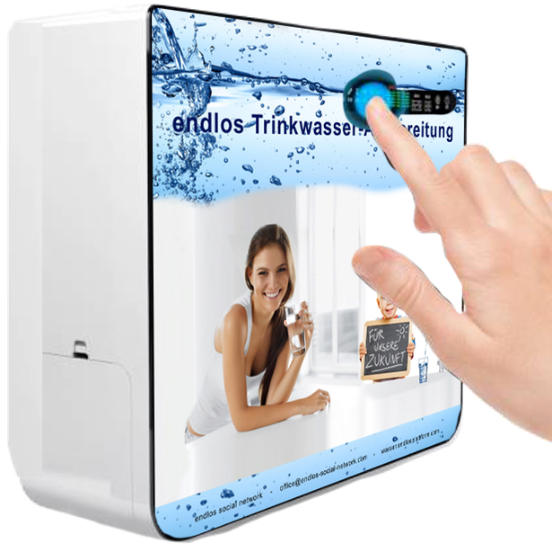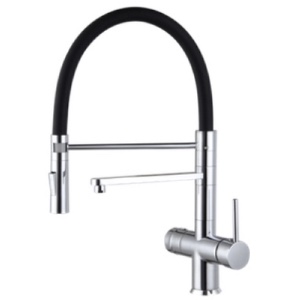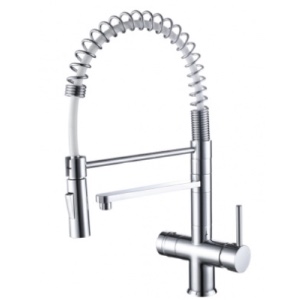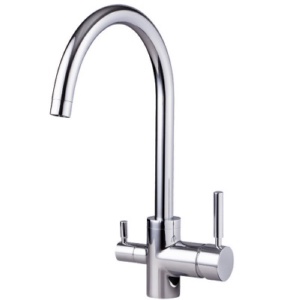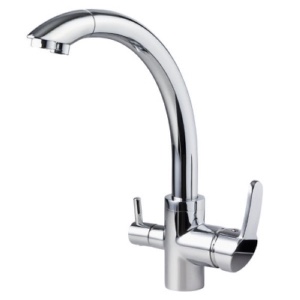*Stiftung Warentest* examined 25 flavored waters. Carcinogenic benzene was found. The results here are also clear: none of the tested products received a high rating, and six were even rated inadequate. In three of these waters, benzene was detected as well. Many reports, warnings, and scientific studies now cover this issue.
For those wanting to learn more, there is plenty of information online:
- Report from the University of Heidelberg on "Mineral Water in PET Bottles is Contaminated with Antimony, a Potentially Toxic Heavy Metal."
- Testing of 30 mineral waters in PET bottles – one-third contained excessive amounts of acetaldehyde, according to *Spiegel Online*’s report on "A Drug Cocktail in Drinking Water."
Drinking bottled water for just a week significantly increases the body's hormone load, as shown in a recent study by Harvard University.
These hormones can affect sexual functions and also contribute to weight gain. Recently, German researchers also found similar plastic-related hormones in bottled mineral water.
Uranium, for example, does not have to be listed on labels, as it is not required by law. Table water, despite its appealing name, is simply bottled tap water with added ingredients that only need to comply with the Drinking Water Ordinance's limits.
One of the leading uranium experts in Germany is Professor Dr. Dr. Ewald Schnug, a professor of plant nutrition and soil science in Braunschweig. He regularly examines mineral water from around the world for uranium content. Prof. Dr. Dr. Schnug notes:
“Uranium research has almost exclusively focused on radioactivity up to now,” says Schnug.
However, uranium is highly toxic, and this fact has been largely overlooked.
“It can damage kidneys, lungs, liver, and bone marrow.” Water with less than 2 micrograms of uranium might be “just about acceptable,” Schnug suggests, as this level doubles the amount of uranium we intake from food. Yet, according to Schnug, any threshold for a radioactive substance like uranium is essentially meaningless!
It gives a false impression that amounts below this threshold are safe. "In extreme cases," says Schnug, "just a single uranium atom breaking down could cause cancer."
The frequency of kidney disease and mineral water consumption has been rising at the same rate for a long time. Therefore, Prof. Dr. Dr. Ewald Schnug recommends a conscious consumption behavior to reduce uranium exposure.

